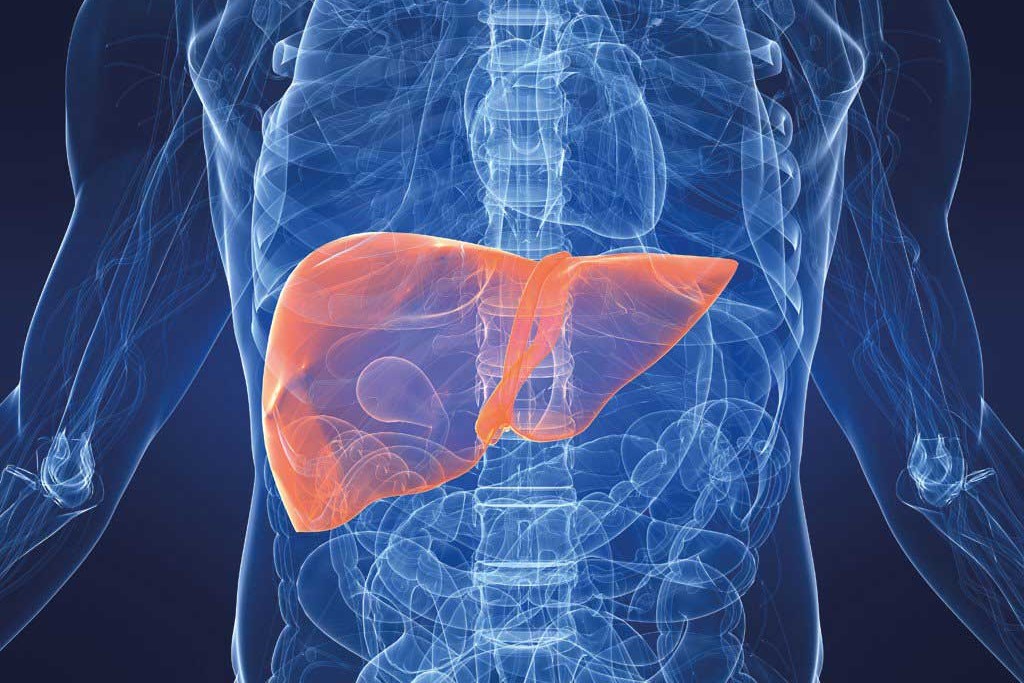An estimated 354 million people around the world live with hepatitis B or C, according to the World Health Organization (WHO).
As the world marks Hepatitis Day today – July 28, 2022 – the WHO says it aims to raise awareness about viral hepatitis since the majority of affected persons remain undiagnosed and untreated.
“This year’s theme (“Bringing hepatitis care closer to you”) aims to raise awareness about the need to simplify and bring hepatitis care to primary health facilities, community-based venues and locations beyond hospital sites so that care is closer to communities and people wherever they are,” the WHO has indicated.
As part of the World Hepatitis Day celebration, the Ghana Health Service (GHS) will be conducting free screening for hepatitis A, B, C, and hepatitis B vaccination.
What is Hepatitis?
Hepatitis is an inflammation of the liver that is caused by a variety of infectious viruses and non-infectious agents leading to a range of health problems, some of which can be fatal.
A WHO study found that an estimated 4.5 million premature deaths could be prevented in low- and middle-income countries by 2030 through vaccination, diagnostic tests, medicines and education campaigns.
Types of Hepatitis Viruses
There are five types of hepatitis viruses including A, B, C, D, and E. While they all cause liver disease, they differ in important ways including modes of transmission, severity of the illness, geographical distribution and prevention methods.
“In particular, types B and C lead to chronic disease in hundreds of millions of people and together are the most common cause of liver cirrhosis, liver cancer and viral hepatitis-related deaths.” the WHO highlighted.
How Hepatitis Viruses spread
- Hepatitis A virus is found in the stool (faeces) of HAV-infected people and easily spread from one person to another by putting something in the mouth (even though it may look clean) that has been contaminated with the stool of a person with hepatitis A.
- Hepatitis B & C viruses are found in blood and certain body fluids and spread when a person who is not immune comes in contact with blood or body fluid from an infected person.
- While Hepatitis B is spread by having sex with an infected person without a condom, it is uncommon to get hepatitis C from sex. Hepatitis B & C can be spread through sharing needles or “works” when “shooting” drugs, needlesticks or sharps exposures in a health care setting, or from an infected mother to her baby during vaginal birth same.
Symptoms of Hepatitis viruses
Many people with hepatitis A, B, C, D or E exhibit only mild symptoms or no symptoms at all, but each form of the virus, however, can cause more severe symptoms.
- Symptoms of hepatitis A, B and C may include, fever, malaise, loss of appetite, diarrhoea, nausea, abdominal discomfort, dark-coloured urine and jaundice (yellowing of the skin and whites of the eyes). In some cases, the virus can also cause a chronic liver infection that can later develop into cirrhosis (a scarring of the liver) or liver cancer. These patients are at risk of death.
- Hepatitis D(HDV) is only found in people already infected with hepatitis B (HBV); however, the dual infection of HBV and HDV can cause a more serious infection and poorer health outcomes, including accelerated progression to cirrhosis. The development of chronic hepatitis D is rare.
- Hepatitis E(HEV) begins with mild fever, reduced appetite, nausea and vomiting lasting for a few days. Some persons may also have abdominal pain, itching (without skin lesions), skin rash or joint pain. They may also exhibit jaundice, with dark urine and pale stools, a slightly enlarged, tender liver (hepatomegaly), or occasionally acute liver failure.
Treatment of Hepatitis viruses
- Safe and effective vaccines are available to prevent hepatitis B virus (HBV). This vaccine also prevents the development of hepatitis D virus (HDV), and given at birth strongly reduces transmission risk from mother to child, and can be treated with antiviral agents.
- A vaccine also exists to prevent infections of hepatitis E (HEV), although it is not currently widely available.
- Hepatitis C (HCV) can cause both acute and chronic infections. There is no vaccine for hepatitis C. Some people recover on their own, while others develop a life-threatening infection or further complications, including cirrhosis or cancer.
- Hepatitis A virus (HAV) is most common in low- and middle-income countries due to reduced access to clean and reliable water sources and the increased risk of contaminated food. A safe and effective vaccine is available to prevent hepatitis.
By: Gifty Tracy Aminu
















